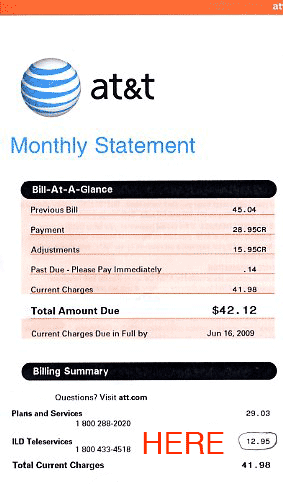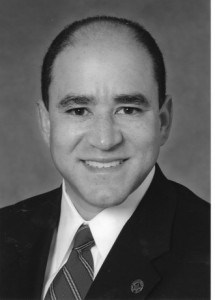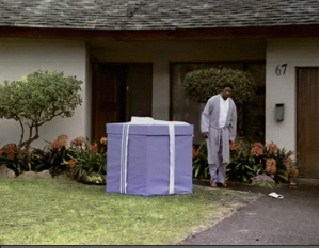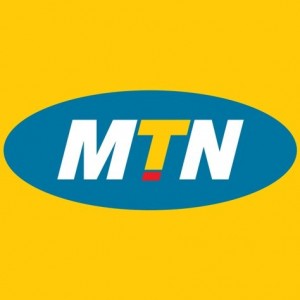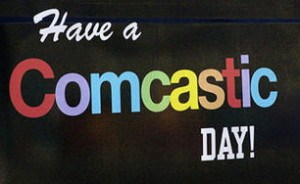 For the sake of public relations, most cable and telephone companies are happily providing service credits to customers who ask after they lost service as a result of Hurricane Irene. Denying those requests through invocation of weasel contract clauses referencing “acts of god” or “weather-related incidents” will assuredly leave customers less than pleased. That’s a lesson some employees in Comcast’s call center still need to learn.
For the sake of public relations, most cable and telephone companies are happily providing service credits to customers who ask after they lost service as a result of Hurricane Irene. Denying those requests through invocation of weasel contract clauses referencing “acts of god” or “weather-related incidents” will assuredly leave customers less than pleased. That’s a lesson some employees in Comcast’s call center still need to learn.
The fact is, most consumers shouldn’t have to pay for service undelivered.
Here is one Comcast customer’s plight:
When I contacted Comcast in the days following Irene I was initially told I’d be without service for a day and would receive credit for the loss. When I called two days later, I was told it would be two days, but I would receive credit. When I called six days later I was told they didn’t know how long it would be and that when it was restored I would not be receiving credit for the lost service.
“Wait, you’re telling me you’re going to try and bill me for service I never received,” I asked the customer service agent.
“We’re not going to try. We will be billing you,” he responded.
Another customer service representative verified the information with a supervisor, but sounded as incredulous as I felt when he came back to the phone.
The outage, he explained, is now considered an “act of god”.
“I can’t believe we’re going to do this,” he said.
He suggested I call back when the service was restored for credit.
“I can’t believe we’re not going to give credit,” he said again, before telling me to have a nice weekend.
To be fair, this is the experience of a single customer, and a search of prior storm events in Comcast service areas does show the company is usually willing to issue storm-related credits, as long as it was their service that was disrupted. One of the issues cable providers have to deal with in weather disasters is ascertaining exactly who and what suffered the outage. If the area’s local power company loses service, Comcast cable service could be affected directly or not at all. A widespread outage could cause amplifiers to lose power, cutting off cable service to those with or without power. But should Comcast credit you for lost service if the only thing keeping you from watching is a downed power line in your neighborhood that hasn’t affected cable service?
That dilemma many customer care professionals solve with courtesy credits to maintain customer goodwill. But not every provider may automatically issue them, especially when dealing with low level employees in a customer care center.
If Comcast is refusing to provide you with service credits, there are a few quick steps to bypass “the unauthorized to give you what you want”-team and get your money back:
- If calling by phone, ask if you are talking with a local customer care representative or one located thousands of miles away. Ask to be transferred to a local office for assistance. Those on the ground going through the same storm nightmares you are are likely to be more amenable towards giving you a service credit.
- If using an e-mail form or online chat, call Comcast or visit your local Comcast cable store instead. Again, someone sharing your misery is more likely to find a way to get you a service credit than someone who hasn’t lived through it.
- File a complaint with the Better Business Bureau online requesting your service credit. While Comcast is not BBB accredited, the organization has helped satisfactorily close more than 2,000 customer complaints.
- Call your local television or newspaper “consumer reporter” and alert them. Bad publicity is a great way to get any unyielding business to bend.
We expect a few negative stories in the media will be more than enough to inspire Comcast to provide service credits, gracefully.
Besides, if Comcast gives you a hard time about “acts of god,” you can always tell them the same thing when they ask to be compensated for cable equipment that succumbed in the storm.
[flv width=”640″ height=”380″]http://www.phillipdampier.com/video/WABC Hassling LIPA 9-2-11.mp4[/flv]
Storm-weary Long Island residents are getting fed up with extended service outages. One went as far as to allegedly threaten a “Columbine-style attack” on a Long Island power facility. Repair crews are also being hassled. WABC in New York reports. (3 minutes)
[flv width=”640″ height=”380″]http://www.phillipdampier.com/video/WCBS Anger in LI 9-1-11.mp4[/flv]
WCBS found the same kind of anger in Suffolk County, aggravated by self-congratulating press conferences by utility companies even as hundreds of thousands of customers remained in the dark with no end in sight. One Connecticut man even threatened a repair crew with a gun for trespassing. (2 minutes)


 Subscribe
Subscribe